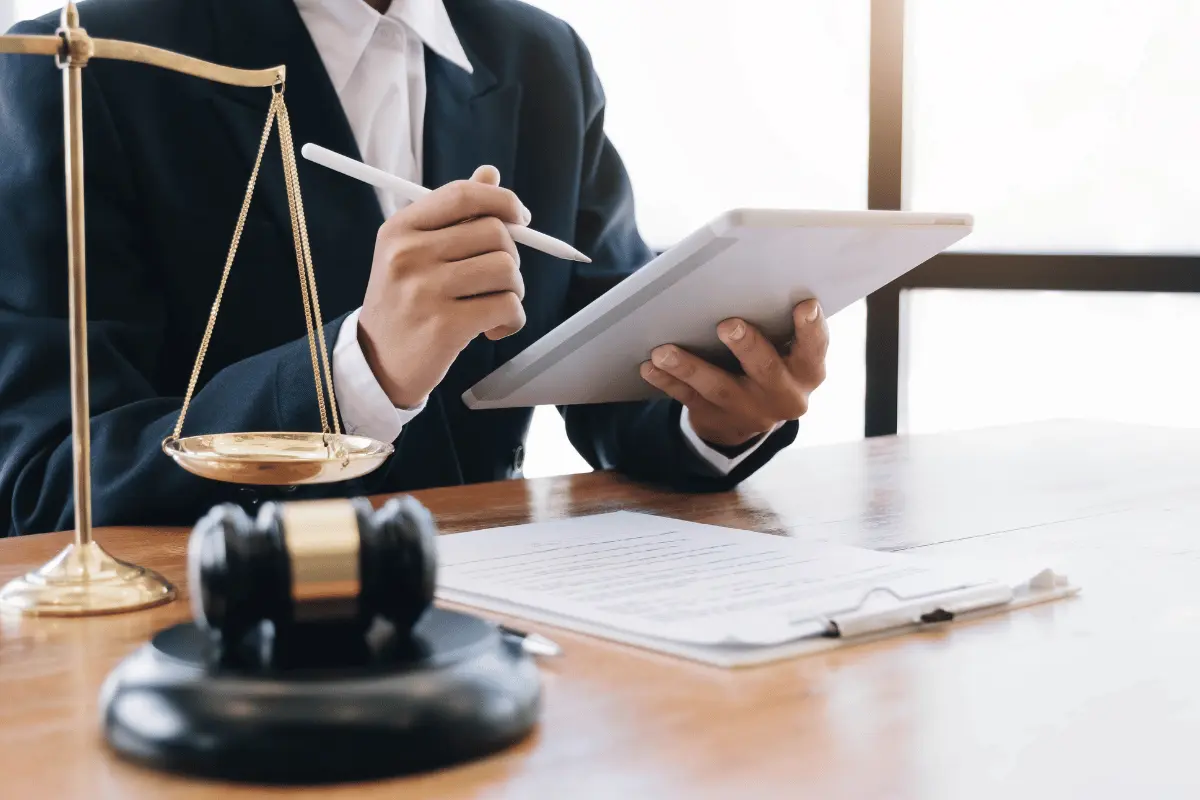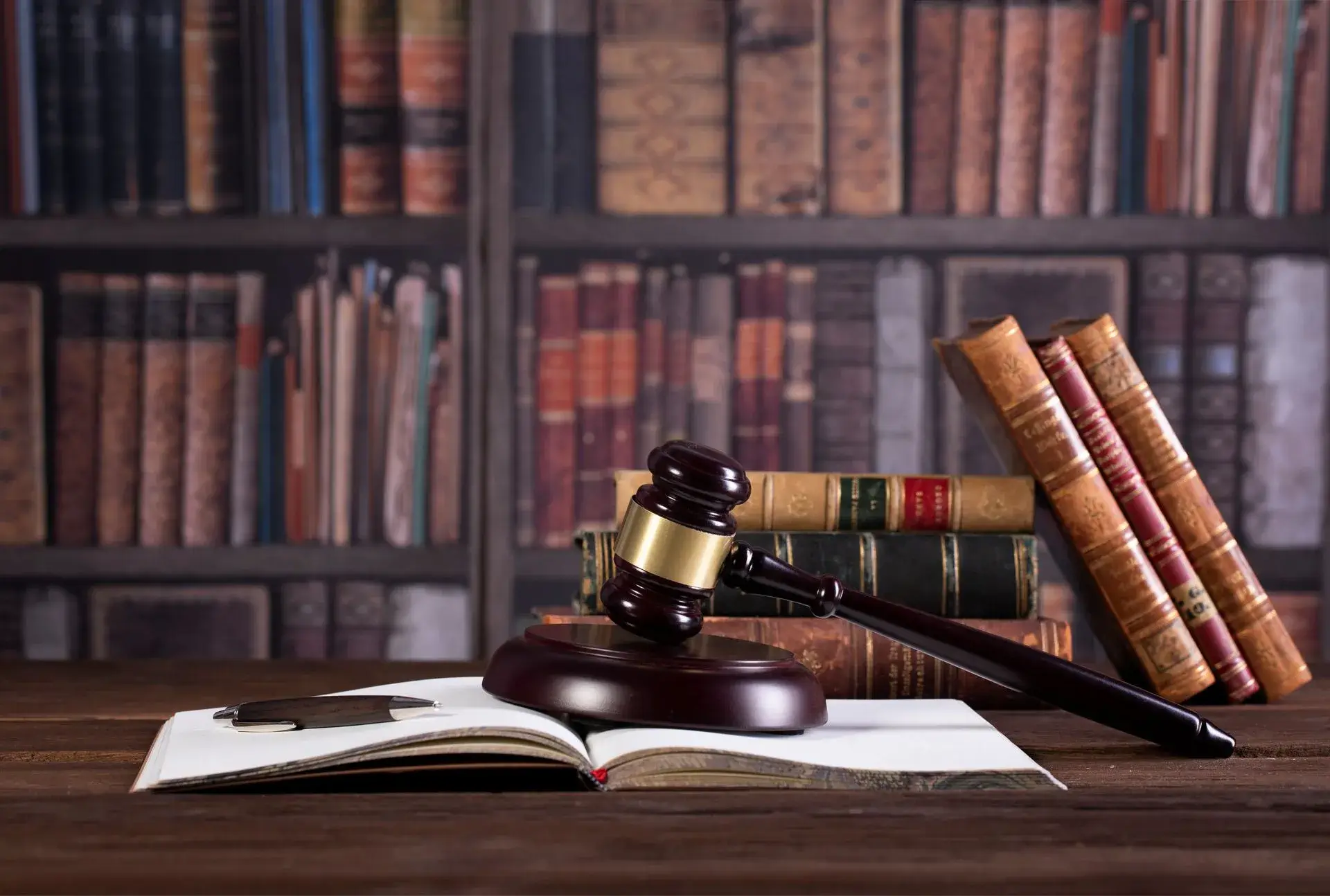Legal translation in UAE plays a crucial role in bridging language gaps within a multicultural and multilingual society, ensuring that legal documents are accurately interpreted and comply with local regulations. As a hub for international business and diverse communities, the UAE often requires precise translation of contracts, court rulings, patents, and other legal materials.
UAE has strict laws and regulations that need to be followed, and legal documents must be accurately translated to get smooth communication between different authorities and the people.
This article explores what legal translation is, who typically needs these services—such as businesses, law firms, and individuals—and the step-by-step process involved in delivering accurate and legally binding translations. Understanding these aspects is essential for navigating the UAE’s legal landscape effectively.
What is Legal Translation in UAE?
Legal translation is the process of converting legal documents, contracts, statutes, or other legally binding texts from one language to another while preserving their original meaning, intent, and legal validity. It requires not only linguistic expertise but also a deep understanding of the legal systems, terminology, and cultural nuances of both the source and target languages.
Given the UAE’s multicultural environment and the use of Arabic as the official language, legal and accurate translation is essential for businesses, government entities, and individuals to comply with local laws and regulations. Legal translators in the UAE must be accredited by relevant authorities, such as the Ministry of Justice or the Dubai Courts, to ensure the translations are legally recognized and valid for official purposes.
This specialized field requires a deep understanding of both the source and target languages, as well as expertise in the legal systems of the UAE and other jurisdictions.
Accuracy is paramount, as even minor errors can lead to misinterpretations, disputes, or legal consequences. Legal translators often work with documents such as court rulings, patents, wills, and international treaties, ensuring that the translated text is legally equivalent and compliant with the UAE jurisdictions.
Importance of Legal Translations
Legal translations play a crucial role in the UAE, a multicultural and multilingual hub where business, law, and governance intersect. With Arabic as the official language and English widely used in commercial and legal contexts, accurate translation ensures clarity, compliance, and fairness in legal documents, contracts, and regulations.
It bridges linguistic and cultural gaps, enabling effective communication between diverse stakeholders, including government entities, businesses, and individuals. In a jurisdiction like the UAE, where precision is paramount, professional legal translation provider safeguards against misunderstandings, legal disputes, and non-compliance, thereby upholding the integrity of the legal system and fostering trust in cross-border transactions.
Who Needs Legal Translation in UAE?

Here are some groups that require this service:
1. Businesses and Corporations
Companies operating in the UAE often require legal translations for contracts, agreements, patents, and compliance documents to ensure clarity and adherence to local laws.
2. Law Firms and Legal Professionals
Lawyers and legal practitioners need accurate translations of case files, court documents, and legal opinions to serve clients effectively.
3. Government Entities
UAE government agencies may require the translation of legal documents for international collaborations, treaties, or regulatory purposes.
4. Individuals
Expats and residents may need legal translations for personal documents like marriage certificates, wills, property deeds, or immigration papers.
5. Judicial System
Courts and legal centers often rely on legal translations for cases involving foreign parties or cross-border disputes.
6. Financial Institutions
Banks and insurance companies may require translation of legal documents for loan agreements, policies, or regulatory filings.
7. International Organizations
Entities working with the UAE on trade, diplomacy, or development projects often need legal translations for official documentation.
Types of Legal Documents That Require Translation
Here are some of the common legal documents that require translation in the UAE:
- Birth and Marriage Certificates
- Passports and Visas
- Educational Certificates
- Business Contracts and Agreements
- Memorandum of Understanding
- Court Documents
- Power of Attorney
- Legal Disclaimers and Policies
- Tax and Financial Documents
Legal Translation Process in UAE
To be accurate and according to the laws of the UAE, legal translations involve a few steps.
Step 1 – Understanding Documentation
The legal translator examines the document to create a quote for the legal translations based on the type of document, the level of legal jargon used, and the required certification.
Step 2: Qualified Translator Translating
To ensure accuracy, clarity, and proper use of legal terminologies, document translation is carried out by MOJ-approved translators.
Step 3: Proofreading and Quality checking.
In the third step translator or proofreader checks the translated document eliminates mistakes, and cross-checks the work done.
Step 4: Certify and Attest
Once the translation is done, the official translation office will check and stamp it to make sure it’s accredited.
Step 5: Await Guidance from the Authorities
Accordingly, the translated document is submitted to requisite authorities such as government departments courts embassies, or universities.
Tips for Choosing a Legal Translation Service in UAE

Are You Planning to Hire a Legal Translation Service Provider? Quality and accurate translation points to keep in mind:
- Experience and Expertise: Choose a legal translation service provider who has experience with legal documents and ensures familiarity with legal terminologies and conventions.
- Language Proficiency: The translator must be proficient in the source and the target language.
- Accuracy & Secrecy: Should have a policy of adhering to strict confidentiality procedures.
- On-time Delivery: Choose a service that is reliable when it comes to deadlines — essential for urgent legal matters.
FAQs
Here are some questions:
1. What is legal translation?
Legal translation is the translation of legal documents by authorized translators to fulfill the requests of various governmental and legal authorities.
2. Who can perform legal translation in the UAE?
Legal translation services can only be done by MOJ (UAE Ministry of Justice) certified translators.
3. Which documents require legal translations in the UAE?
These documents can include birth certificates, marriage certificates, business contracts, court documents, and passports.
4. How long does the legal translation process take?
The timeline varies according to the complexity of the document but the average timeline for standard documents is about 1-3 business days.
5. Is legal translations mandatory for visa applications?
Yes, in UAE, translated and certified documents are commonly required for visa and immigration-related applications.
Conclusion
In conclusion, legal translation in UAE is an indispensable service that ensures accurate communication and compliance within the country’s diverse and multilingual legal landscape. It involves the precise conversion of legal documents, such as contracts, court rulings, and personal certificates, while maintaining their original meaning and legal validity. This process is vital for businesses, law firms, government entities, and individuals navigating the UAE’s strict legal and regulatory frameworks.
The legal translation process in the UAE is meticulous, involving qualified and accredited translators, thorough proofreading, and certification to meet the standards set by authorities like the Ministry of Justice. Choosing a reliable and experienced legal translation service provider like Q Links is crucial to ensure accuracy, confidentiality, and timely delivery, especially for urgent legal matters.
Ultimately, legal translations not only facilitate smooth communication across languages but also uphold the integrity of the UAE’s legal system, fostering trust and efficiency in both personal and professional interactions. Whether for visa applications, business contracts, or court proceedings, legal translations are a cornerstone of compliance and clarity in the UAE’s dynamic and multicultural environment.


